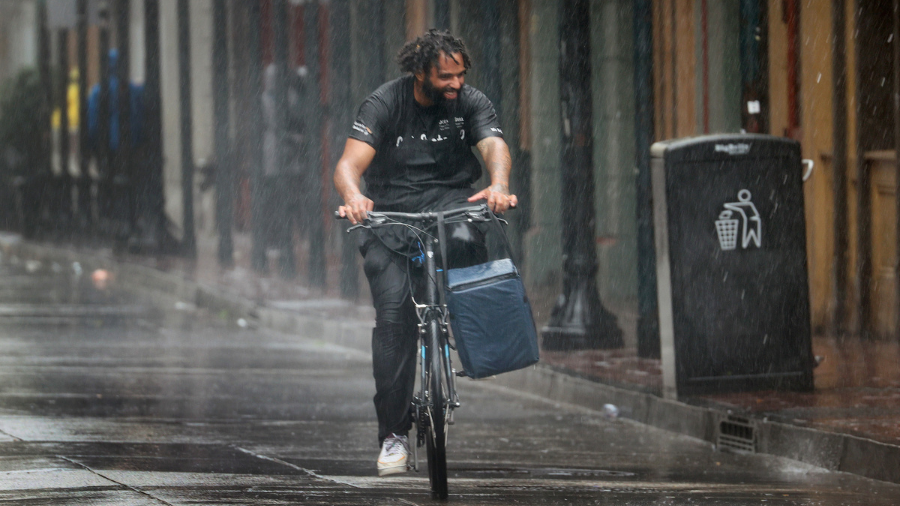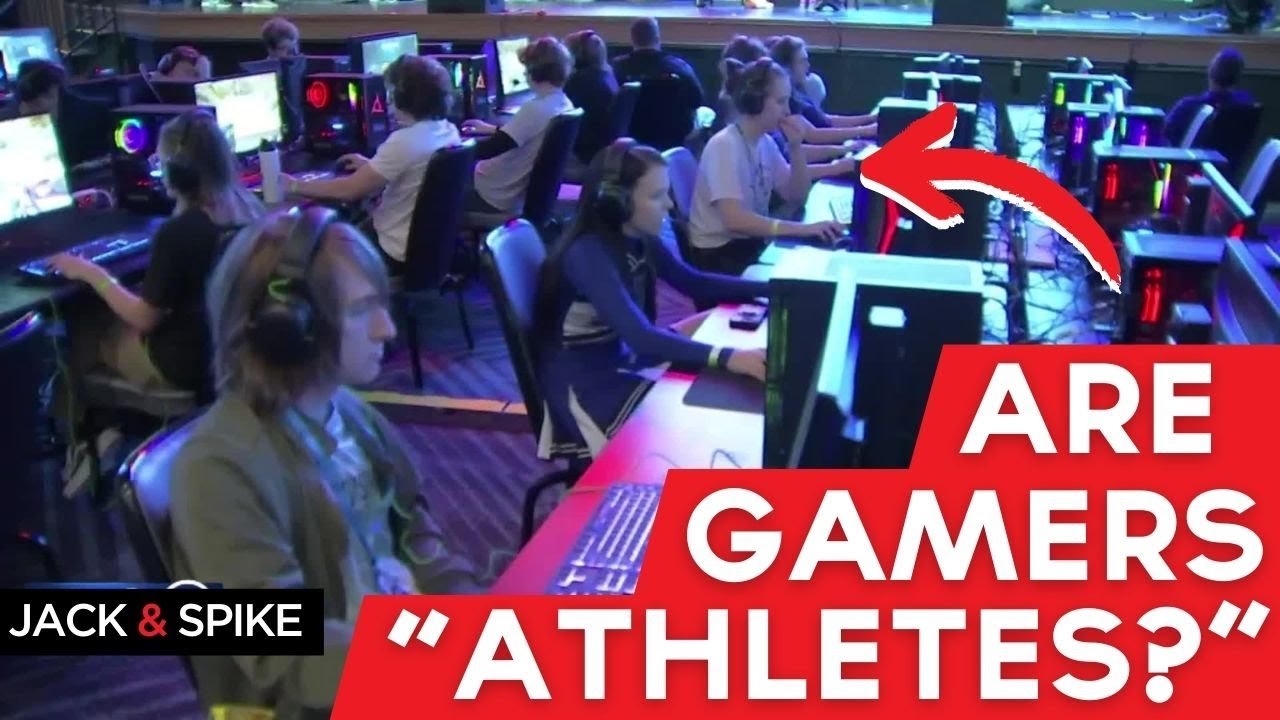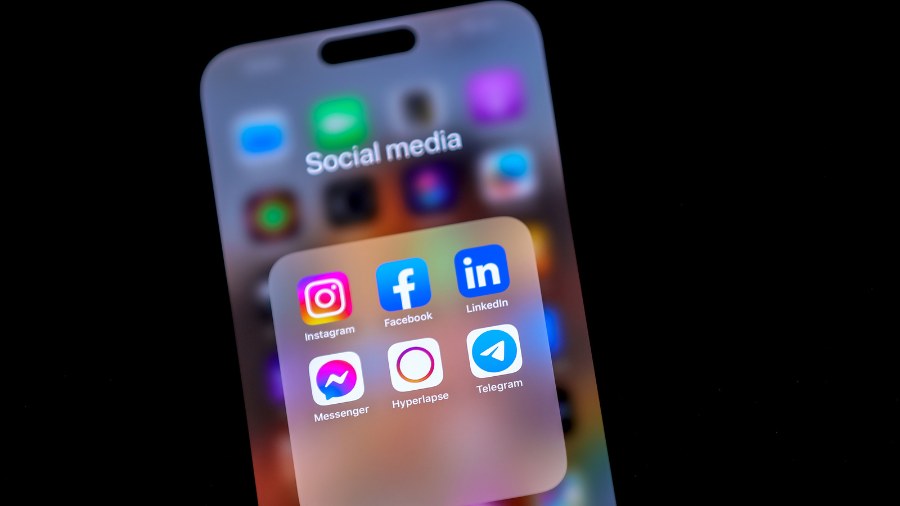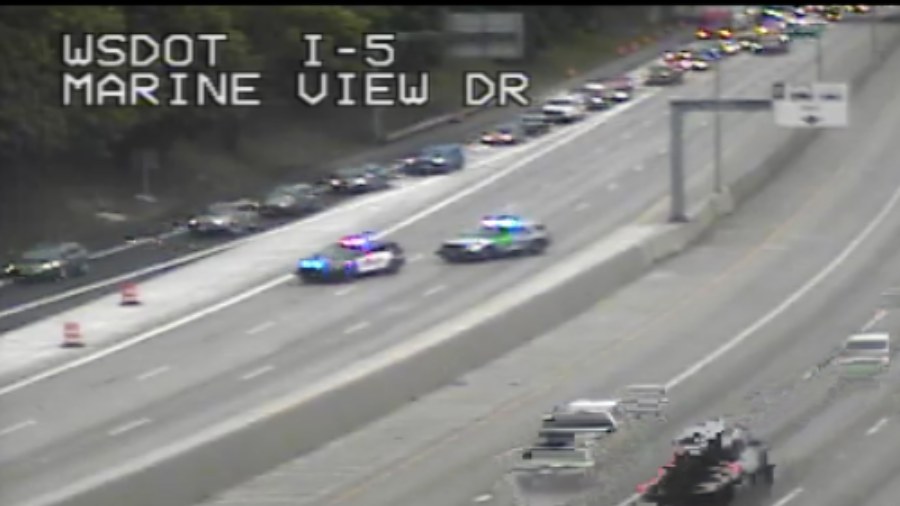Butler: It’s time for food delivery apps to ‘PayUp’ in Seattle, beyond
Apr 30, 2024, 11:18 PM

A biker making a food delivery biker grapples with the rain. (Photo: Getty Images)
(Photo: Getty Images)
Proposed changes to the “PayUp” ordinance in Seattle, intended to improve compensation and terms for so called “gig workers” highlights something I find interesting — and I think some people miss.
These app companies have figured out how to offload the costs of maintenance, insurance, and that ever-variable in rising cost of gas onto the employee, which is smart business. But it also puts more burden on the workers to maintain the equipment needed to do their jobs. Big tech develops and maintains the app and provides customer service. But the actual work gets done by those on the ground — the people the PayUp legislation was intended to help.
Critics focus on what seems like a “higher than minimum wage” for drivers. But when you factor in their actual costs, especially with the fuel prices we pay in Washington, food delivery is not making drivers wealthy. And I’d argue they’re not getting more than they deserve. No one is getting rich here …
… Except for UberEats and DoorDash. They’ve got the cash to throw at lobbyists. Revenues for the online food ordering sector reached $294 billion in 2021. And no one’s saying these companies can’t continue to profit. But they don’t get to offload the bulk of their costs, create a product that pressures independent restaurants to buy in to remain competitive, profit massively, and expect to basically write the laws in their favor.
More from Matt Butler: Pearl Jam’s Dark Matter among the band’s ‘best, most cohesive records’
I think these companies are missing an opportunity. Try this: Be the company that attracts more drivers and a greater share of the market by proudly advertising how much better you make things for your employees. You offer better pay, solid benefits they can actually use. And here’s a classic move you might try: undercut your competition. Lower the fees the mom-and-pop restaurants pay, or remove the $5 charge in Seattle for customers — resulting in more deliveries, and more tips for your drivers and less business for your competitors.
Ultimately, these apps are a luxury. They’re not an entitlement, and most people (with a few homebound exceptions) don’t really need them to live. They’re convenient — and convenience has a price. But they’re not a convenience for the workers — and those whose labor and time has netted billions in revenue for Silicon Valley, shouldn’t be shafted in the process of any adjustments.
Matt Butler is the producer for “KIRO Nights with Jake Skorheim” and a contributing writer to MyNorthwest.













